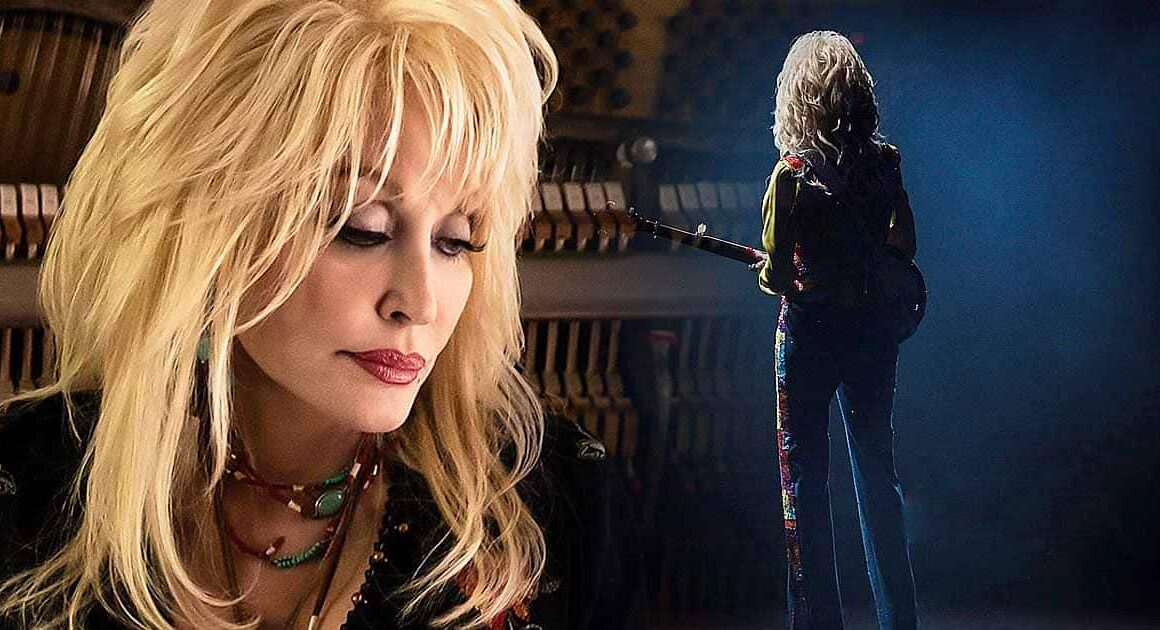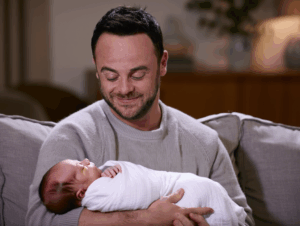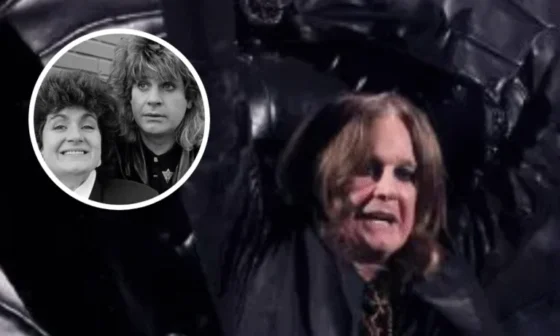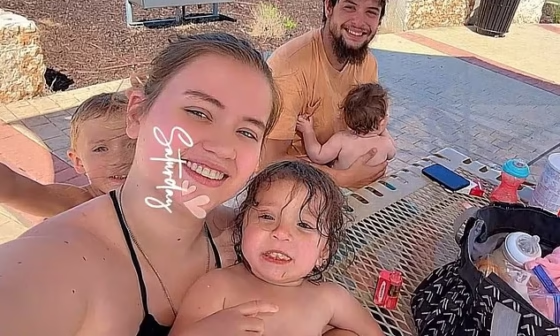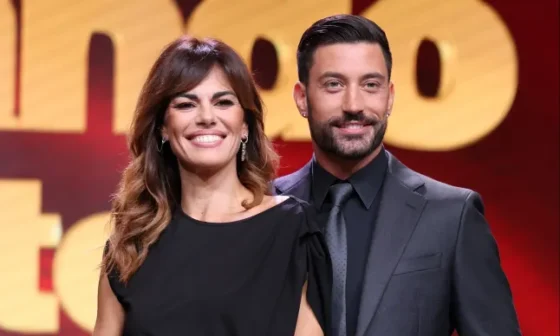On the evening of July 6 in Houston, what began as a lively concert by country music icon Dolly Parton took an unexpected and deeply moving turn. Known for her vibrant performances and dazzling stage presence, Dolly suddenly paused mid-song, signaling the band to stop. The crowd fell silent, sensing something special was about to happen.
Gone were the usual lights, effects, and background music. Instead, Dolly stood alone in the dimly lit venue, her presence quietly commanding attention. She leaned into the microphone and softly said, “Now… I want to dedicate this song to the children who unfortunately died in the flood.”

Her words hung heavy in the air. The recent devastating floods in Texas had claimed at least 129 lives, many of them children, leaving communities shattered. With no fanfare or theatrics, Dolly transformed her well-known upbeat hit “In the Good Old Days” into a somber, heartfelt tribute. The song’s joyful melody gave way to a tearful farewell, each lyric filled with sorrow and remembrance.
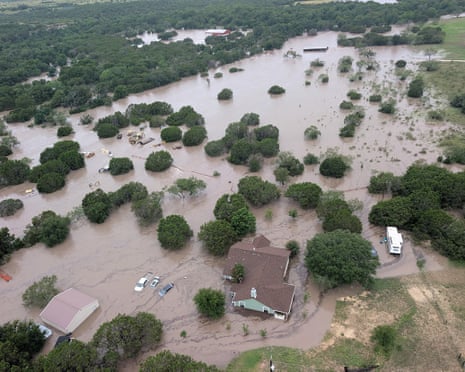
As her voice carried through the venue, the audience was captivated, moved by the raw emotion in her performance. The simplicity of the moment—the quiet voice, the stripped-down setting—made it all the more powerful. It was a shared moment of grief and healing, where music became a beacon of hope and solidarity.
When the song ended, the room remained still, wrapped in reverence and reflection. Dolly Parton had given more than a performance that night—she had offered comfort, connection, and a poignant reminder of the healing power of music.
In a world of spectacle and grand productions, this humble tribute stood out as a moment of true grace and humanity—one that no one in the audience would soon forget.
